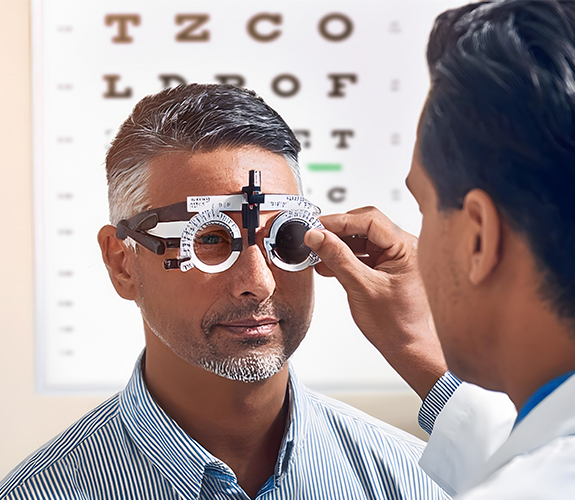Sinus infections are commonly occurring conditions in which there is inflammation of the sinuses and nasal passages. When there is excess mucus production during a cold, it can cause a build-up of bacteria or other pathogens, leading to such infection. Sinus infections usually improve in a week’s time when caused by a virus. But, if it is worsening, you may be suffering from a bacterial infection. If you are being troubled by a Sinus infection, visit the leading Ear Nose Throat Ent Specialists in Rohini for a timely checkup and treatment.
Common symptoms of a Sinus Infection
You will be experiencing any of the following symptoms:
1.A headache
2.A congested nose
3.Loss of smell
4.Cough
5.A runny nose
6.Facial pain or pressure
Types of Sinus Infections
Sinus infections can be of these types:
1. Acute Sinusitis
In this condition, you may experience loss of smell, facial pain, fever, tooth pain, and fatigue. You will also have a thick yellow or green discharge from the nose. It lasts between one to two weeks if it is a viral infection and more if it is a bacterial infection.
2. Chronic Sinusitis
If your symptoms persist for 12 weeks or more, it is termed chronic sinusitis. You may get symptoms like fever, congestion in the face, a runny nose, headache, or tooth pain.
Different Treatment Options for Sinus Infections
If you have been suffering from these symptoms for more than a week, you should consult a reputed ENT specialist in Rohini immediately. Timely treatment will result in quick healing and prevent complications.
These are the treatment methods:
1. For Simple Infections
If your infection is not serious, the doctor may suggest using a decongestant to relieve the pressure or pain on your face. You can try using nasal saline rinses to clear your nose of the sticky, thick mucus. Hydrate yourself well to thin your mucus. Use warm compresses to get relief from the pain.
2. Antibiotics
If there is no relief from symptoms from these methods, you may be suffering from a bacterial infection. Your doctor will then prescribe antibiotics which you must take for specified periods. Stopping them earlier will prevent the infection from healing fully.
3. Pain-relief Medicines
A sinus infection causes pain in the face or gives you an ache or pressure in the head. Taking over the counter medicines may provide comfort from the pain.
4. Surgery for Sinus Infections
If the doctor does not see an improvement despite all these remedies, he may recommend surgery. The surgery’s goal is to remove blockages and clear the pathways of the sinuses. The surgery removes nasal polyps, any growth blocking the nasal passage, thin bone pieces, mucous membranes, or damaged tissue.
Endoscopic sinus surgery is popularly used by surgeons. In the procedure called Functional Endoscopic Sinus Surgery (FESS), the surgeon inserts a thin fiber-optic tube into the nose for reaching the sinus openings. A more advanced method is image-guided endoscopic surgery that surgeons use for severe sinus blockages.
How to reduce your Risk for Sinus Infections
With a healthy lifestyle and with some precautions, you can prevent sinus infections. Here is how:
1.Avoid smoke, pollen, chemicals, and other allergens
2.Get vaccinated for flu
3.Keeps your hands clean always
4.Consume a nutrient-rich diet with lots of fruits and vegetables
5.Keep a safe distance from people with cold or flu
If treated in time, a sinus infection heals quickly. But, if treatment is postponed, you will unnecessarily get a bacterial infection, which can cause a lot of pain and discomfort. Visit Saroj Hospital, the Best Super Speciality Hospital in Delhi, for a checkup if you have sinusitis symptoms. The experienced doctors will employ the most suitable treatment method to cure your infection and help you resume normal activities within the shortest time.



